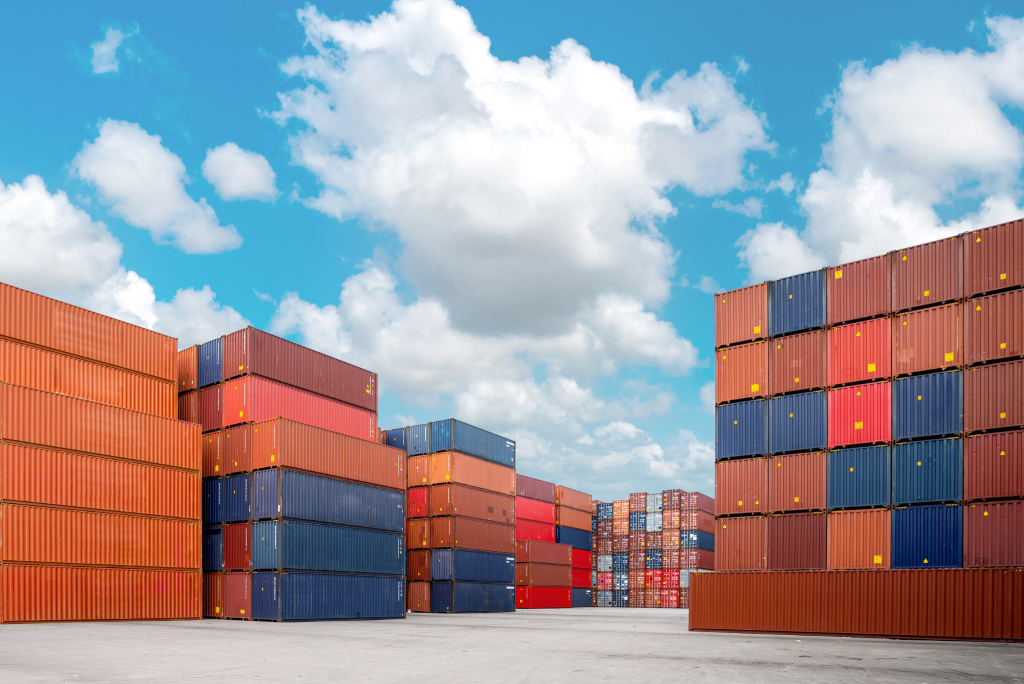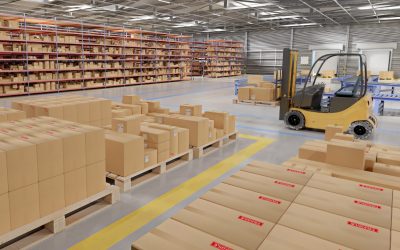We can assist you in auditing your company’s assets that need to remain outside the country where they are accounted for.
For over two decades, Aerodoc has assisted hundreds of companies in expanding their international presence. Through our extensive experience with IOR services, we have identified the critical challenges faced by our customers.
One significant issue is that many companies importing goods must know that their fixed assets must be identified and documented to verify their legal presence in the destination countries. Without proper documentation, companies risk facing customs penalties, ranging from embargoes to suspending licenses, programs, or certifications.

Custody of Foreign Assets
That’s why, here at Aerodoc, we stress the significance of “Fixed Asset Control” overseas, handling and overseeing a business’s physical assets—like machinery, vehicles, or equipment—to ensure they are used effectively and strategically. It covers acquiring, registering, depreciating, maintaining, disposing, and tracking those assets.
Acquisition
Ensure that acquiring the asset is legal and that all the necessary paperwork, such as invoices and contracts, is sorted.
Recording
Keep a tight record of fixed assets, noting important details like when they were acquired, how much they cost, etc.
Depreciation
Calculate how much the asset’s value drops over time, which usually appears as an expense in the financial statements.
Maintenance
Keep tabs on fixing up and maintaining those fixed assets.
Retirement
Make sure fixed assets are put out to pasture according to the law.
Tracking
Regularly check in on fixed assets to ensure they’re being used correctly and follow all the rules.
The importer needs to meet the customs requirements. The big ones include:
- Having all the paperwork for each operation sorted out.
- Keeping their inventory system up to date.
- Marking all their fixed assets.

What kind of companies need to keep such a tight grip on their assets?
Keeping assets safe becomes crucial when they must be kept outside the country where they’re accounted for. That’s where Aerodoc steps in, teaming up with customers to handle document custody duties. We do this through our IOR services under the Delivery Duty Paid (DDP) Incoterm.
“When assets need to be held abroad, we issue several documents to confirm their condition and ownership,” explains German Muller, Aerodoc’s founder and CEO. “It’s essentially the same as our service under DDP, but if our customers require extra certification, we’ve got it covered.”
Muller elaborates, “We handle this through a contract signed at our U.S. headquarters, ensuring the asset’s validation abroad. Aerodoc doesn’t just handle the import; we also certify the asset’s presence and ownership in another country if needed.” This arrangement, he emphasizes, provides added security for big companies.
So, Aerodoc takes on not only the importation but also the verification of assets abroad, holding them securely in a third country and certifying their status for the benefit of their customers.
Aerodoc ensures direct operation in all cases, avoiding third-party intermediaries. This direct engagement is possible because it works with companies within its shareholder-controlled group, subsidiaries in other countries, or legally authorized agents. This structure allows Aerodoc to maintain direct control over all actions on its clients’ merchandise, ensuring efficiency and accountability.
Please contact our team if you’d like to learn more about our service. We’re here to help!




